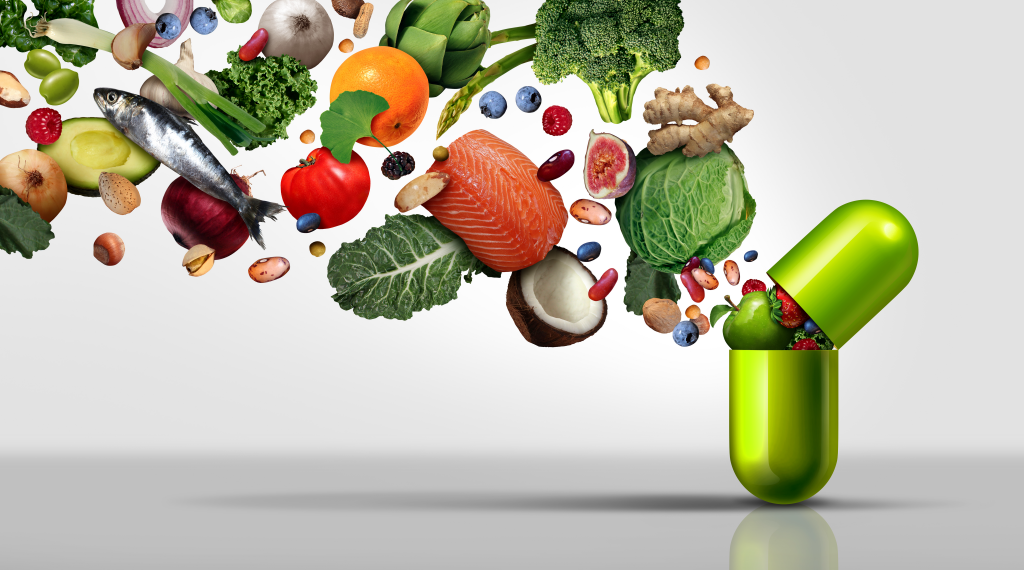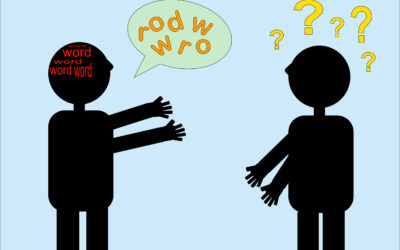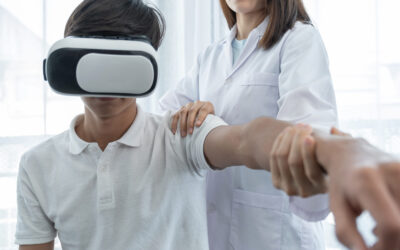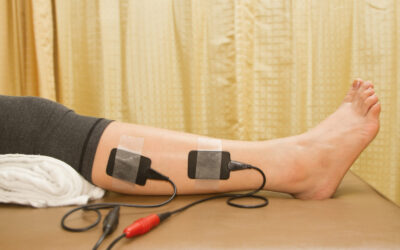Brain Health and Recovery: Food IS Medicine
Food can be an excellent tool to enhance brain health and recovery. However, if you thought the brain was a complicated system to understand, the data on nutrition is far more complicated. So, spoiler, there is no “perfect diet” to optimize brain healing after a neurologic injury. However, food is arguably the most powerful “therapeutic”.
How you ask?
Well, the journey of that bundles of molecules (food) from mouth to a single cell is long. And not all molecules that enter the journey are created equal. Some have noble intent (provide cellular energy, support cell structure and function). On the other hand, others are hell bent on wreaking havoc.
Knowing the difference is a critical component to empower you to make the best food choices to get the greatest therapeutic impact. That said, in this article you will learn how food is broken down and taken up into the cells (digestion). This mechanism is the foundation for understanding why our food choices matter when it comes to brain health and recovery.
Your digestive system and how it works
If you have been following me for a while, you know I love to provide a good story to help deepen understanding of critical concepts for neurologic rehabilitation. In this case, the story starts with that first bite of goodness that will eventually be used to impact the functioning of the little cells that make up the body. Often referred to as digestion.
Digestion is the process by which the body breaks down food into smaller molecules to be used by the body to sustain life. It is a complex process that involves the coordination of many different organs and enzymes in the body.
The process of digestion begins in the mouth, where food is chewed and mixed with saliva, which contains enzymes that begin to break down carbohydrates.
From the mouth, food travels down the esophagus and into the stomach, where it is mixed with stomach acid and digestive enzymes that break down proteins. The stomach also churns the food, breaking it down into smaller pieces.
After leaving the stomach, food enters the small intestine, where it is further broken down by enzymes from the pancreas and bile from the liver. Nutrients from the food are absorbed into the bloodstream through the walls of the small intestine.
The remaining waste products then move into the large intestine, where water is absorbed and the waste is formed into feces. The feces are then eliminated from the body through the rectum and anus.
Food IS Medicine
In summary, food is to be enjoyed. However, food is ALSO about function. Those broken down molecules are critical to cell survival, growth, AND repair. Food IS the most critical component to brain health and recovery after injury. In other words, food IS arguably the most valuable “medicine”. So the next time that piece of chocolate cake calls our name, I hope that you and I can choose wisely.
Articles you may be interested in:
Post-Stroke Aphasia
Aphasia is a complicated post-stroke disorder that can cause disruptions to a patient’s speech and understanding. It affects their ability to express or comprehend language, hindering effective communication with family, friends, and caretakers. Termed a language...
Fix Sleep Disorders after a Stroke
Many have a hard time falling asleep or achieving restful sleep after experiencing a stroke. If you or someone you care about has experienced one, there are ways to get to sleep faster and sleep more soundly. In this article, we’ll review the types of sleep disorders...
Gratitude, Pain, and Suffering
"Gratitude is the healthiest of all human emotions. The more you express gratitude for what you have, the more likely you will have even more to express gratitude for."- Zig Ziglar Ahh, the practice of gratitude. From my earliest memories, I was told “gratitude” is...
A Guide to Virtual Reality for Stroke Recovery and Rehabilitation
Virtual reality (VR) technology allows users to immerse in a virtual environment, which has been changing the approaches to many industries, such as gaming, training, and education. Many industries are now exploring VR to improve user experience, enhance customer...
Electrical Stimulation and Post-Stroke Recovery
Electrical Stimulation and Post-Stroke Recovery Electric stimulation (e-stim) has long been used to stimulate muscles and activate nerves in recovering stroke patients. It also reduces swelling and is frequently used on foot drops, shoulder subluxation, elbow...
Superman
A hero is an ordinary individual who finds the strength to persevere and endure in spite of overwhelming obstacles". - Christpher Reeve, Superman Christopher Reeve. Many know of him as a super hero. And of course this is true. He IS the original Superman. And...






